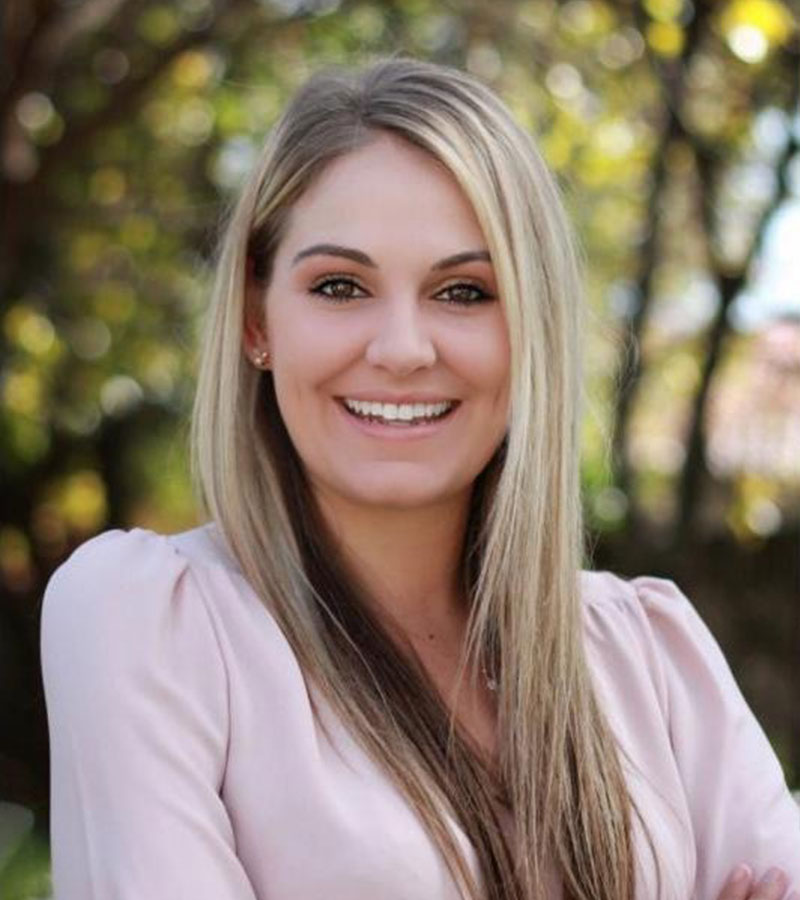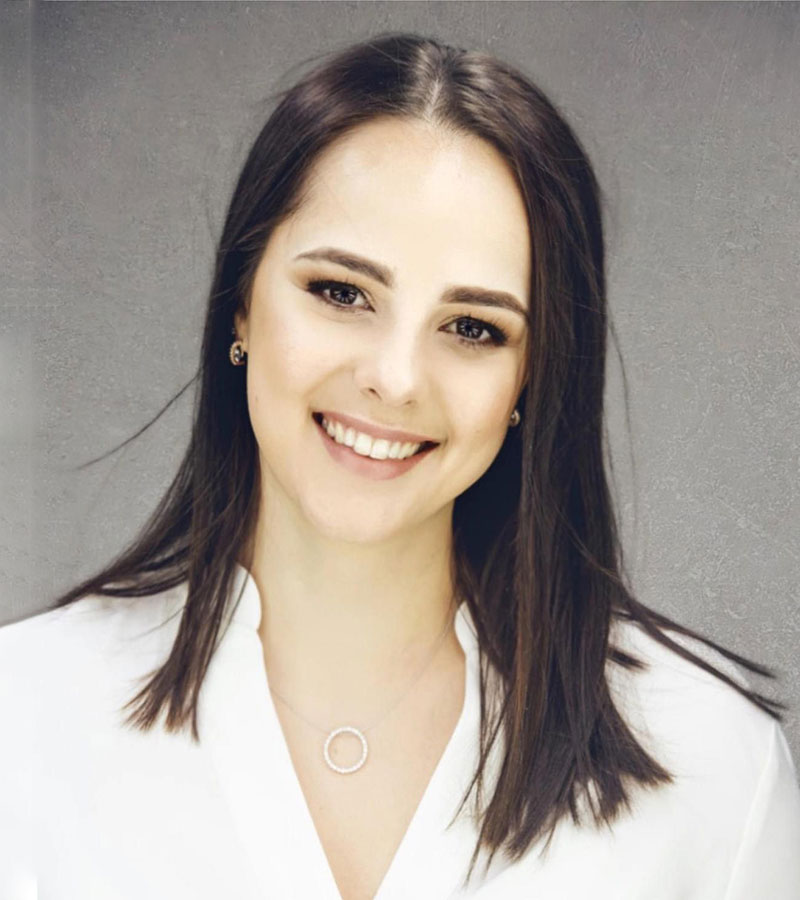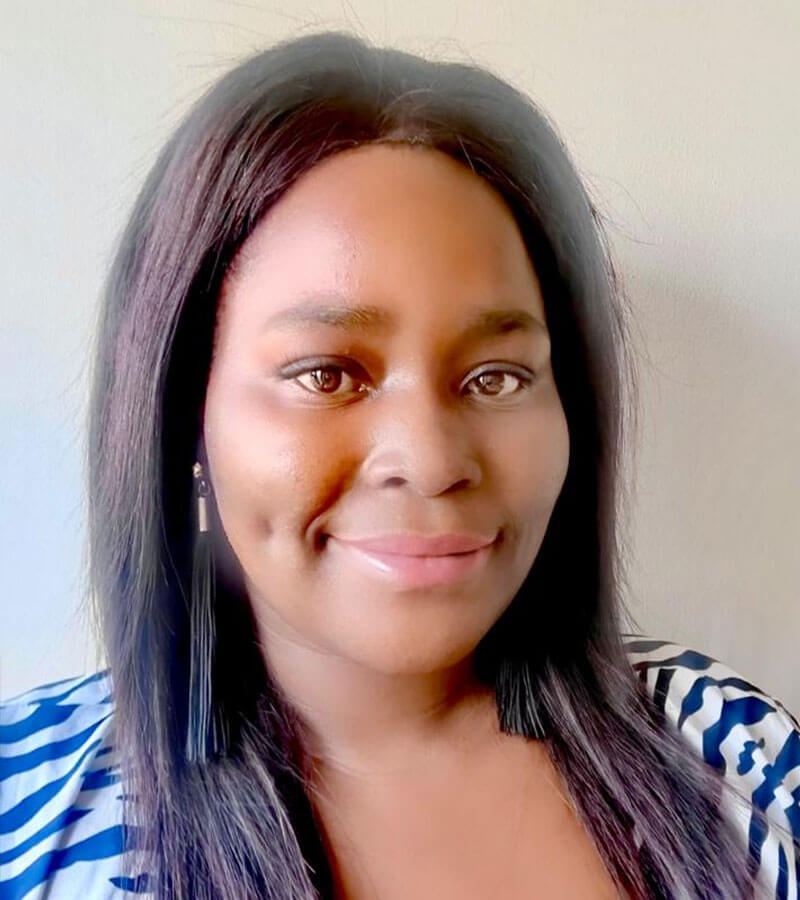Child Therapy
See psychologists specialising in
“Us grownups mistakenly think we have the monopoly on stress”
– Jeanie Cavé, Clinical Psychologist
Just like adults, children need help working through their emotions or trauma in order to become healthier and happier.
Signs your child may need therapy:
- Persistent feelings of sadness or hopelessness
- Regressive behaviour, including bed wetting, waking up at night, baby talk
- Fear of going to school
- Constant anger and a tendency to overreact to situations
- Persistent worry, anxiety, or fearfulness
- Preoccupation with physical illness or their own appearance
- A sudden, unexplained drop in marks at school
- A loss of interest in activities that were once enjoyed
- Changes in patterns of sleeping or eating
- Reclusiveness, preferring to be alone rather than in the company of friends or family
- Performing routines obsessively throughout the day, such as washing hands or cleaning things
- Experiencing regular nightmares
What therapeutic options are there for children?
Children, like adults, need to communicate and work through issues. For younger children, we recommend play therapy. Older children and adolescents have more advanced language skills and are able to participate in other forms of therapy.
Play Therapy
Children use play as a means of figuring out their environment and processing what is happenings in their world. Play therapy is a good way to help children understand their feelings and resolve issues. Through using dolls, drawing or clay work, a child is able to express him/herself more clearly than using language alone. The therapist’s role is to assess, observe and intervene to help the child. As part of this programme, it is essential that the parents engage with the therapist to get both feedback and assistance in understanding any issues the child is facing.
Equine Assisted Psychotherapy (EAP)
Instead of using dolls and clay, our gentle and sweet natured horses participate in therapy sessions to help children build confidence, social skills, independence and overcome trauma and anxiety. There is no riding of the horses involved, but the child has the opportunity to work with the horses in a series of semi structured tasks planned by the therapist and supported by an Equine Behaviour Therapist to help the child heal, learn and grow. Again, as part of this programme, it is essential that the parents engage with the therapist to get both feedback and assistance in understanding any issues the child is facing.
Psychologists specialising in Child Therapy:

Shawni Botha
Clinical Psychologist & Partner
Shawni Botha is a Clinical Psychologist and Partner who is passionate about promoting mental health and facilitating personal and interpersonal growth and healing.

Jessica Papaioannou
Clinical Psychologist & Partner
Jessica is a passionate Clinical Psychologist and Partner, experienced in guiding individuals and couples through their journey towards emotional well-being. She has experience working with anxiety, depression, trauma, and various other mental health challenges.

Carol Yan
Counselling Psychologist
Carol Yan is a Counselling Psychologist providing online therapy to children, adults, couples, families and expats living abroad.

Snenhlanhla Mshengu
Educational Psychologist
Sne has experience working with emotional regulation, anxiety, depression, social skills, grief and barriers to learning in both children and adults.
